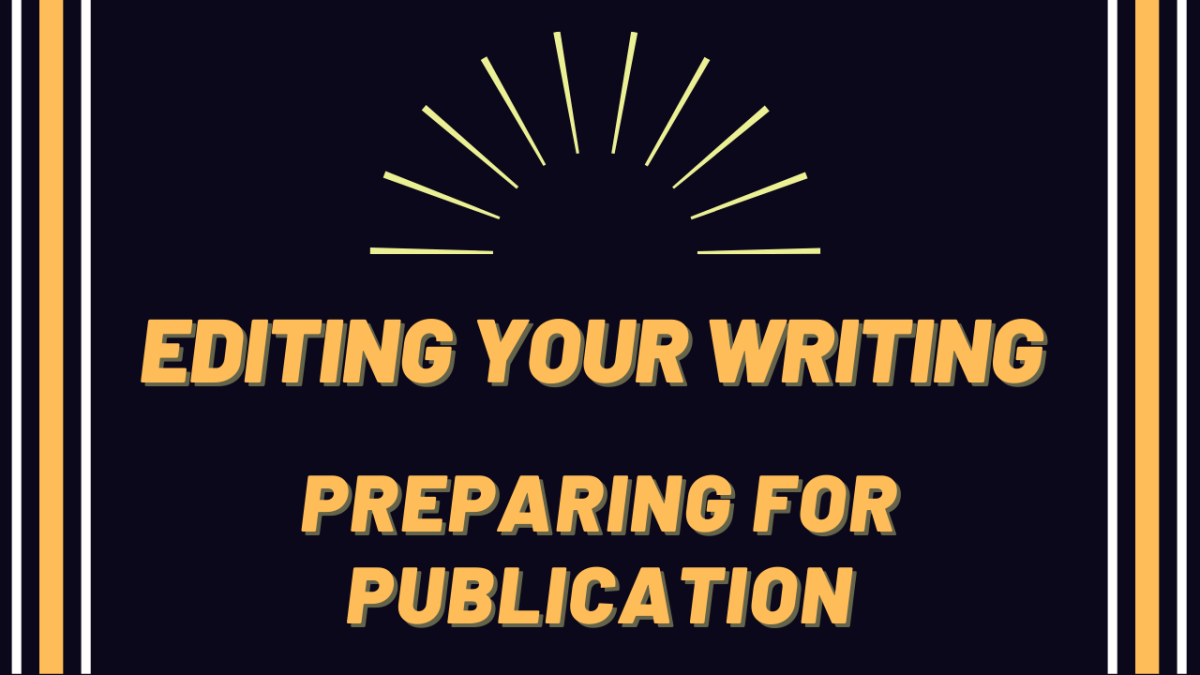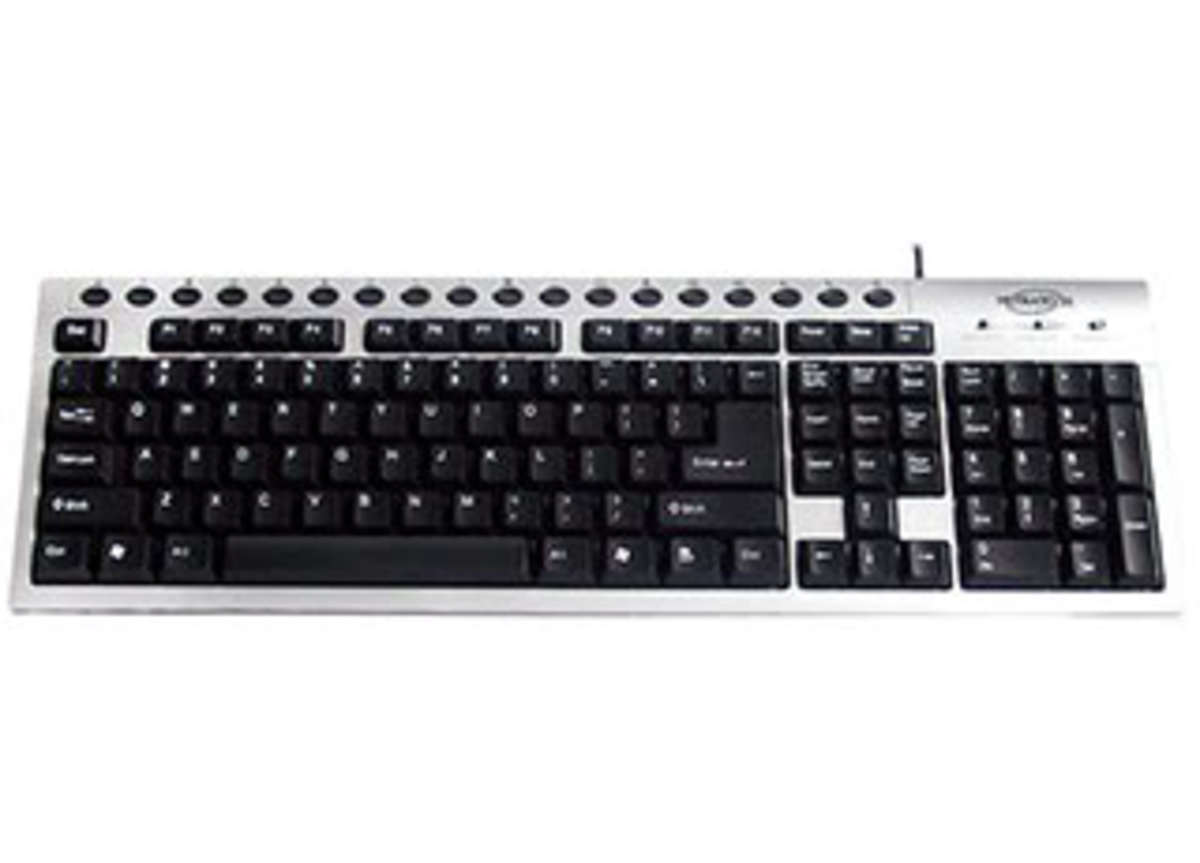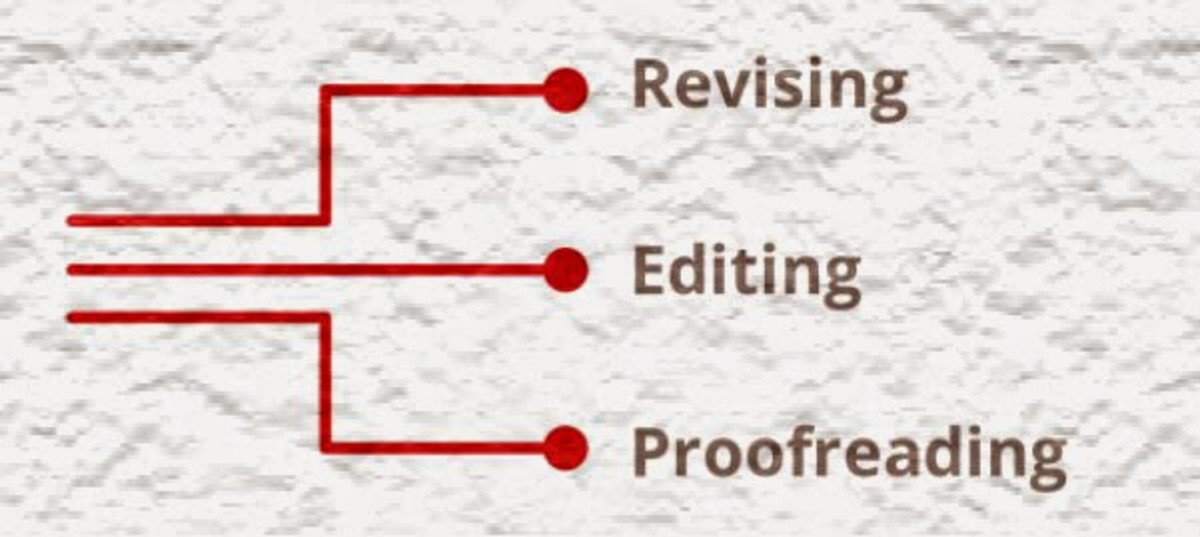Writing Well: Check and Double-Check
The Folly of Writing Without Editing
Whether a writer works as a hired professional in a field such as journalism, for their own enjoyment, or as a freelance writer, it is hard work. On this site, the writers are splitting the difference between commercial and creative writing.
When writing for publication, whether as a hired professional as a journalist; for one’s own enjoyment, such as the authors here (which is rather a mix of both), or in trying to make a living doing freelance writing, it's hard work. It is a craft that must be constantly practiced, and honed. For the writer who really means to be serious, it's not a 'once and done' thing.
I frequently see people bragging that their writing is done once, and published, and they can get many articles done in a single day. These folks claim they don’t need to edit. I’m sorry, but they do, and it shows in their finished results. Editing, re-writing, proofreading once, twice and again, are all part and parcel of the writing craft.
Beware of Automated Help
Even the most experienced and professional writer is not immune to typographical errors, particularly when in a hurry to make a deadline. Spell check utilities often fail us, because they are not programmed for context, so will not catch such mistakes. If you type “there” when you should have used “their,” the utility will not point out the error. Just because the mistake was not flagged does not mean it isn't there. You must physically read and re-read your writing; it is the only way to catch these kinds of mistakes.
Some programs, such as Microsoft Word™ (one of the most common word processors), will allow you to add, via the "tools" menu, auto-correct commands for frequent mistakes that happen when typing too fast, such as reversals of one letter for another. I do use MSWord™, so you will not find in my writing, (unless I type the example with spaces between, thus: “o n t”), when I meant to type “not.” The program will auto-correct that kind of error because I have told it to do so.
Several Typos Originally Appeared:
Whether a writer works as a hired professional in a field such as journalism, for their own enjoyment, or as a freelance writer, it is hard work. Here on Hub Pages, the writers are splitting the difference between commercial and creative writing.
When writing for publication, whether as a hired professional as a journalist; for one’s own enjoyment, such as here on Hub Pages (which is rather a mix of both), or in trying to make a living doing freelance writing, it shard work. It is a craft that must be constantly practiced, and honed. For the writer who really means to be serious, it's nota 'once and done' thing.
I frequently see people braging that their writing is done once, and published, and they can get many articles done in a single day. These folks claim they don’t need to edit. Im sorry, but they do, and it shows in their finished results. Editing, re-writing, proofreading once, twice and again, are all prat and parcel of the writing craf.
Flow Like a River
Another reason to read through, re-write and edit, is to make sure your writing flows smoothly through your topic. No one wants to read something that is choppy, or bounces around between ideas within a single paragraph. Likewise, sentences that are too long end up being confusing. The writer ends up sounding like a babbling fool, and not like the soothing babbling of a brook.
Look at the sidebar for the unedited example of my original start to this article. It was done in haste, with my intention being to simply get my ideas recorded before I forgot. It does not make good reading, however, because several typos act as "stoppers" to the eye and brain. Had I published that as my “once and done” effort, it would do nothing to add to my credibility as a writer. In fact, it would damage that credibility.
English is a difficult language with many aggravating pitfalls, and that difficulty does apply to those of us for whom English is our native language. Non-native speakers and writers, then, need to be doubly careful when writing in English.
We've all seen the faulty English in various instructions for imported products, which include very poor grammatical constructions along the lines of, "To not put product where water." Yes, the intent and general meaning is understood, but it earns the writer no marks as being either fluent or competent in writing English. They may be absolutely brilliant, but their writing makes them appear uneducated.
What’s In a Name? Oh, Only Everything!
Spelling of peoples’ names is another issue. For most people, their name is their primary identifying factor, so it is very important to get it right. Surnames are not usually found in spell-check programs, (with the exception of very common names such as Smith or Jones), and will almost always be flagged as misspellings.
This is also true of most brand names. Therefore, you must be very careful to double-check the correct spelling. (This is something government workers have failed to learn—hence the many errors we read about with people getting notices that their Social Security benefits will cease because they are dead, when in fact, they are very much alive!) Anyway—how do you like it if your name is misspelled?
Mr. Jenks will not appreciate his name being rendered as Mr. Jenkins, because it means that his information will be incorrectly filed; essentially, lost. We’ve all encountered these kinds of headaches with assorted corporations or governmental agencies, I’m sure.
Done Once, Done Twice, Done Thrice—Done Right!
- Done once—your initial draft.
- Done twice—read the piece out loud to yourself or to any willing audience. In doing so, you will more likely hear any awkward phrasing, and spot any wrong words or omitted words; make notes!
- Done thrice—have another person look it over; sometimes we are too emotionally attached to our own work, and thus blinded to our errors. Make more notes!
Now, take your notes, make the corrections, and do a final proofreading. Now you are ready to publish, but not before.
Take A Bow
Congratulations--you've finished your masterpiece. Take a bow; take a breather, and get to work on the next one!
Writing is best improved by simply doing it a lot--the old "practice makes perfect." Although, I have an issue with that particular adage; we do the very best we are able, and that is as near to "perfect" as it gets. Anyone seeking absolute perfection, sadly, is on the wrong planet.
Cheers!
© 2012 Liz Elias








